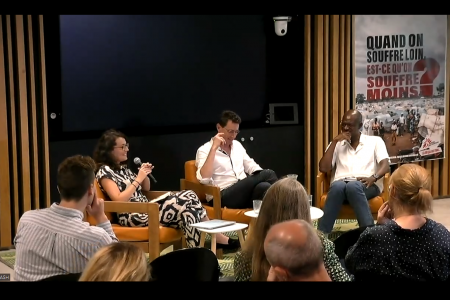 Conference
Conference
06/28/2022 - 06:30 PM 08:30 PM
Myfanwy James
Conference and debate, June 28th, 2022, from 18:30 to 20:30 (Paris time), MSF (salle du premier, 14-34 avenue Jean Jaurès, 75019 Paris). The conference was livestreamed and translated simultaneously to English.
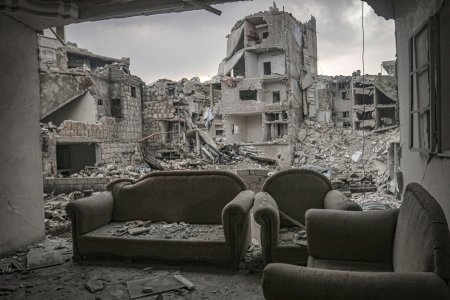 Muhammed Said
Book
Muhammed Said
Book
04/18/2019
Rony Brauman
Régis Meyran
In the eyes of Rony Brauman of Médecins sans Frontières, wars are always triggered in the name of morality. Today’s “humanitarian” interventions are little more than new moral crusades – and their justifications are based on lies.
 Francesco Zizola
Analysis
Francesco Zizola
Analysis
01/30/2015
Fabrice Weissman
This article is an English translation of an interview of Fabrice Weissman about the State of the Humanitarian Sector, in Revue Internationale et Stratégique (n°98, 2015/2) published by the Institut de Relations Internationales et Stratégiques
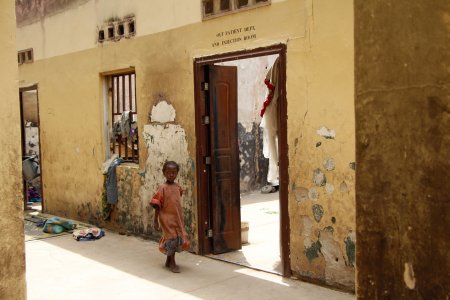 Benoit Finck
Analysis
Benoit Finck
Analysis
07/25/2016
Rony Brauman
Rony Brauman focuses on the humanitarian environment and practices in war, in order to try to understand and analyze its political and ethical stakes. Starting with the creation of the Red Cross at the end of the XIXth century, he then focused on the contemporary postcolonial period, switching between various scales and reporting on contradictory points of view and issues.
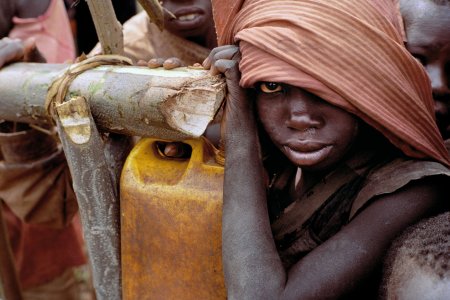 Ian Berry
Analysis
Ian Berry
Analysis
08/01/2000
Rony Brauman
Stephen Smith
Not having seen the genocidal drift of Hutu Power in 1994 coming, the international community grants Paul Kagame's RPF the impunity of victims. Yet such power also lends itself to criminal acts. The authors express their indignance that NGOs and international organisations - invoking the duty of remembrance - join in the endless evocation of the past that masks the political phenomena at the root of the current violence.
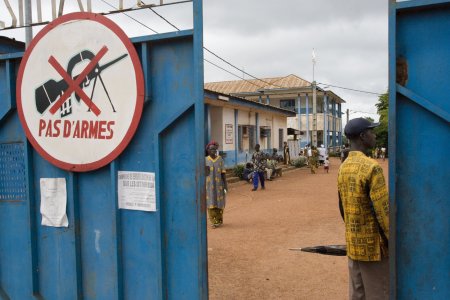 Carl De Keyzer
Analysis
Carl De Keyzer
Analysis
04/28/2004
Fabrice Weissman
Using the example of Liberia, Fabrice Weissman examines the public statements of NGOs and their positions with regard to denunciation and/or calls for international intervention.
 Keith Bernstein
Opinion
Keith Bernstein
Opinion
08/16/2004
Fabrice Weissman
Fabrice Weissman reminds us that while the clarity of the humanitarian emblem is no guarantee of absolute safety, it is nevertheless an essential prerequisite to it.
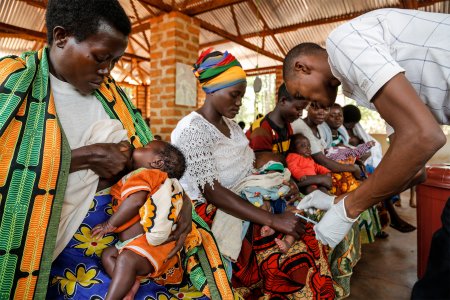 Louise Annaud
Analysis
Louise Annaud
Analysis
05/01/1994
Rony Brauman
For the publication of the Dictionnaire d'Ethique et de philosophie morale, the former president of Médecins Sans Frontières, Rony Brauman, offers a definition of humanitarian aid.
 Xavier Lassalle
Interview
Xavier Lassalle
Interview
11/28/2016
Jean-Hervé Bradol
Marc Le Pape
Interview with Jean-Hervé Bradol and Marc Le Pape. The book is published by Manchester University Press and will be out in January 2017.
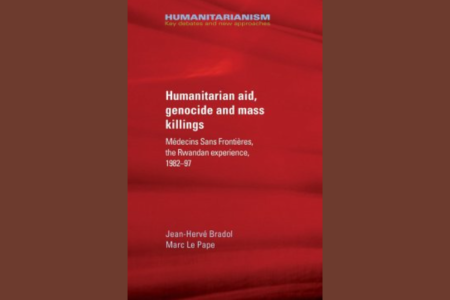 Book
Book
11/04/2016
Jean-Hervé Bradol
Marc Le Pape
Throughout the 1990s, Médecins Sans Frontières (MSF) was forced to face the challenges posed by the genocide of Rwandan Tutsis and a succession of major outbreaks of political violence in Rwanda and its neighbouring countries.
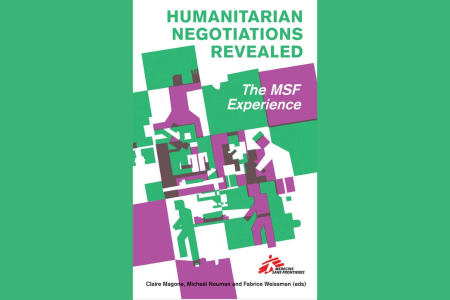 Book
Book
02/17/2012
Claire Magone
Michaël Neuman
Fabrice Weissman
From international NGOs to UN agencies, from donors to observers of humanitarianism, opinion is unanimous: in a context of the alleged ‘clash of civilisations’, our ‘humanitarian space’ is shrinking.
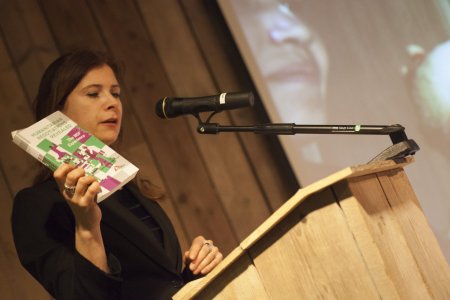 Olga Victorie
Video
Olga Victorie
Video
01/30/2012
Michaël Neuman
On January 26, the Brookings-LSE Project on Internal Displacement and Doctors Without Borders/Médecins Sans Frontières (MSF) hosted a discussion on the compromises and negotiations the humanitarian aid community must contend with during crisis situations.
 Conference
Conference











